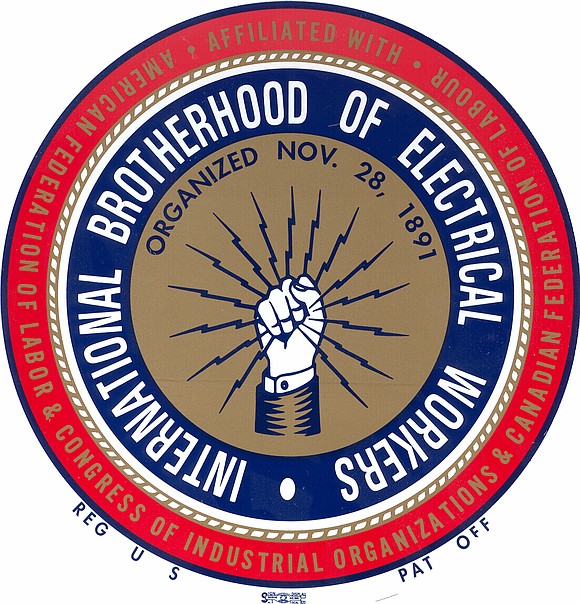Business Manager Tony Sapienza
Legislative Update: RESPECT Act Seeks to Undo Damage Caused by NLRB Decisions
When the National Labor Relations Board (NLRB) issued new guidelines in September of 2006, defining what constitutes a “supervisor” in the workplace, the three NLRB members appointed by President George W. Bush formed a majority that gave employers the weapon they needed to attack the eligibility of thousands of workers to belong to a union. Now, allies in the U.S. Congress of IBEW 1837 and other unions are fighting back with the RESPECT Act, hoping to restore the original intent of Congress that people with only minor supervisory duties should continue to have the right to join a union.
The NLRB issued their new guidelines in the Oakwood Healthcare case as a result of a United States Supreme Court decision on Kentucky River Community Care. That Supreme Court decision criticized the NLRB definition of “independent judgment” and led to this radical change in what constitutes any “supervisor,” not merely the charge nurses employed by those hospitals. Somebody who “supervises” for only 10 – 15 percent of the time could be denied their right to union representation.
Under the terms of the National Labor Relations Act, a supervisor does not have the protection to form, join, or assist a labor organization and can be legally fired for union activity. The new NLRB guidelines could have disastrous consequences for our members who often give instruction and/or direction to each other on the job.
Supporters of organized labor in the United States Congress have introduced the Re-Empowerment of Skilled and Professional Employees and Construction Tradesworkers Act or RESPECT Act (H.R. 1644 in the House of Representatives and S. 969 in the Senate). The legislation would make two minor modifications to the National Labor Relations Act.
The RESPECT Act would require that supervisors have substantial authority to affect employees’ terms and conditions of employment for a majority of their work time before they could be denied coverage under the National Labor Relations Act. In other words, people who are really supervisors would still be excluded from unions, consistent with the original intent of Congress. This would effectively undo the damage done by the NLRB’s Oakwood Healthcare/Kentucky River decisions.
We are pleased to report that Reps. Tom Allen and Mike Michaud of Maine have been joined by Reps. Paul Hodes and Carol Shea-Porter of New Hampshire as sponsors of the RESPECT Act in the U.S. House of Representatives. Unfortunately, Senators Susan Collins, Olympia Snowe, Judd Gregg, and John Sununu have failed to follow suit and sign on as sponsors in the United States Senate. The Senate requires 60 votes in order to limit debate to allow for a full up-or-down vote for legislation.
It is reasonable to expect that President Bush would likely veto this (or any) legislation that is helpful to unions and their members. We can only hope that the next occupant of 1600 Pennsylvania Avenue is less hostile to the goals of organized labor in this country.
